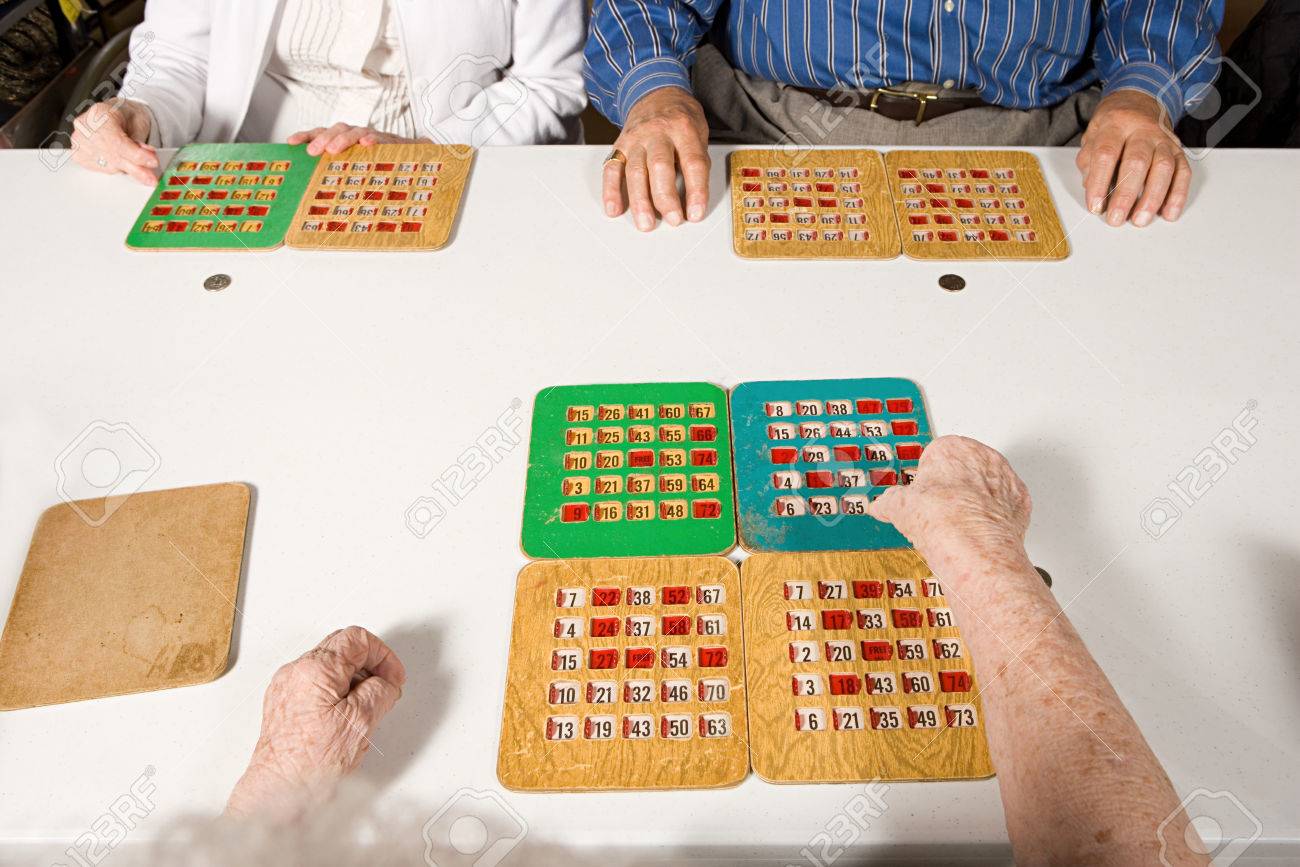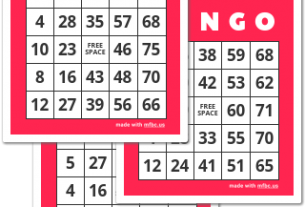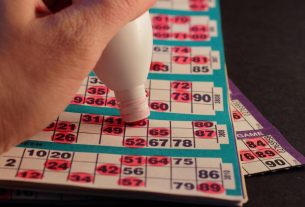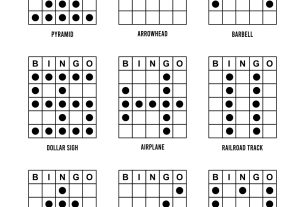The familiar call of “B-9!” echoing through a community hall. The gentle rustle of daubers. The collective gasp before a triumphant “Bingo!” rings out. For many, this scene is a simple pastime. But look a little closer. What’s really happening in those senior social clubs is a quiet, powerful form of cognitive maintenance.
Bingo, honestly, doesn’t get enough credit. It’s far more than a way to pass an afternoon. It’s a dynamic social and mental workout disguised as a game. Let’s dive into why this classic activity is a cornerstone of healthy aging.
A Cognitive Workout in Disguise
Think of your brain as a muscle. Without regular exercise, it can get a little… flabby. Bingo provides a full-spectrum mental gym session, and here’s the deal—it doesn’t even feel like exercise.
Sharpening the Senses and the Mind
Playing a fast-paced game of bingo requires a suite of cognitive skills to fire in unison. It’s not just listening for a number. It’s a rapid-fire mental process.
- Auditory Processing: You have to listen to the caller, often through background chatter, and correctly interpret “I-25” instead of “I-35.” That’s a serious test of focus and hearing.
- Visual Scanning: Your eyes are constantly scanning a grid of 25 numbers, searching for a match. This enhances visual perception and processing speed.
- Short-term Memory: You might miss a number. So you’re holding the last few called numbers in your head while searching for them. It’s a real-time memory drill.
- Fine Motor Skills: The simple act of dabbing a specific small circle requires hand-eye coordination. For some, it’s a valuable way to maintain dexterity.
And the benefits aren’t just anecdotal. Studies have linked regular participation in activities like bingo to slower cognitive decline and improved performance in memory and processing speed tasks. It keeps the neural pathways busy, like a well-trafficked road that stays in good repair.
The Social Glue: Combating Loneliness One Number at a Time
Here’s a pain point we can’t ignore: social isolation is a silent epidemic among seniors. It’s a genuine health risk, linked to everything from depression to a higher risk for dementia. Bingo nights are a powerful antidote.
These gatherings are a scheduled, low-pressure social event. They provide a shared purpose. You’re not just sitting and making small talk—you’re engaged in a collective activity. The chatter between calls, the friendly rivalry, the shared excitement—it all builds a profound sense of community.
It’s the laughter after someone confuses their B column with their I column. It’s the gentle teasing. It’s the simple act of getting out of the house, getting dressed, and being among peers. This social stimulation is just as crucial as the mental one. It’s a lifeline.
Adapting the Game for Changing Needs
Sure, traditional bingo is great. But the game has evolved to be more inclusive and to offer even greater cognitive benefits. Smart senior clubs are getting creative.
| Adaptation | How It Works | Cognitive & Social Benefit |
| Themed Bingo | Using pictures of classic movie stars, animals, or landmarks instead of numbers. | Engages long-term memory and sparks conversation about shared cultural touchstones. |
| Faster Paced Rounds | Quick-fire calling for shorter, more intense games. | Increases the processing speed demand and keeps attention locked in. |
| Team Bingo | Players work in pairs or small groups on a single card. | Forces communication, collaboration, and strategy—supercharging the social element. |
| Color & Shape Bingo | Matching colors or shapes, which can be easier for those with vision or hearing challenges. | Maintains participation and the sense of accomplishment, which is vital for self-esteem. |
These adaptations ensure that everyone can play. They keep the game fresh and challenging, preventing it from becoming a rote activity. It’s about meeting people where they are.
More Than a Game: The Ripple Effects
The impact of a weekly bingo game ripples outwards, touching aspects of life you might not expect. It creates a routine, a structure to the week that many retirees lack. That structure is a powerful anchor.
There’s also the pure, unadulterated fun of it. The thrill of the win. The playful disappointment of being one number away. This emotional engagement—this joy—releases feel-good chemicals in the brain. It reduces stress. It fosters a positive outlook. And a positive mindset, you know, is one of the most powerful tools for healthy aging there is.
So, the next time you hear the familiar call of a bingo game, listen a little closer. You’re not just hearing numbers. You’re hearing the sound of minds staying sharp, of friendships being forged, and of a community taking care of its own. It’s a simple game, sure. But its role in cognitive maintenance and social well-being is profoundly complex. And honestly? That’s a win worth shouting about.





